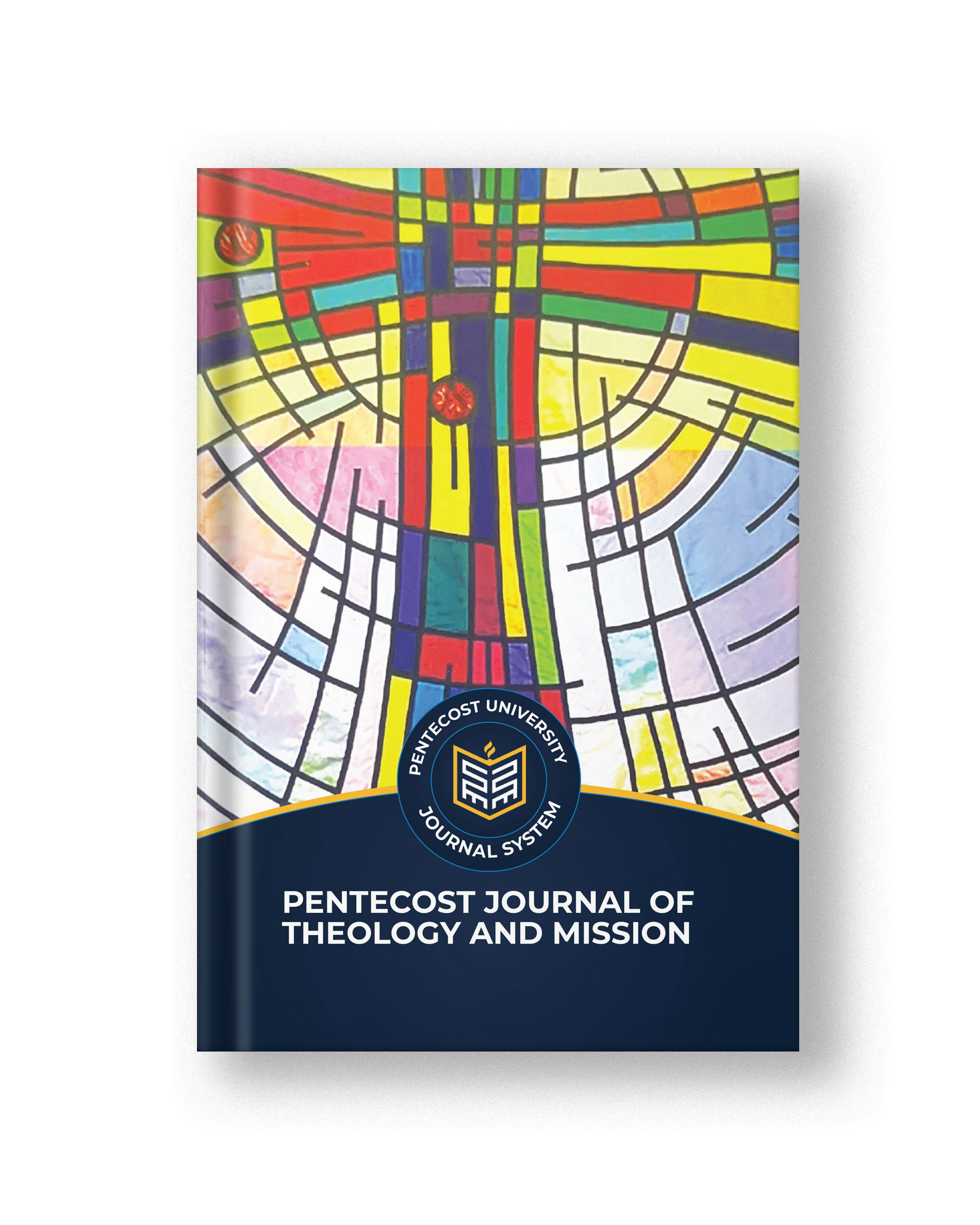Pentecostals and Voting Behaviour in Ghana’s 2024 Presidential Elections
DOI:
https://doi.org/10.62868/pjtm.v5i1.182Keywords:
Pentecostals, Politics, Voting behaviour, Elections, ReligionAbstract
The 2024 general elections in Ghana will mark a historic moment in the Fourth Republic, as both major political parties will be led by a Christian and a Muslim for the first time. This development has sparked a debate among the populace regarding the influence of religion on the election outcome. According to the recent population census, the majority of Christians in Ghana identify as Pentecostals, suggesting that this group will significantly impact the selection of the next President. This research, employing a qualitative design and the social model of voting behaviour as its framework, aims to explore the relationship between religion and the voting habits of Pentecostals in the upcoming elections. The findings revealed a range of responses among participants. Among the formally educated respondents, many asserted that religion would not influence their voting decisions, emphasising the importance of policies instead. Conversely, others expressed a tendency to abstain from voting because their preferred parties are nominating candidates who do not align with their religious views.


